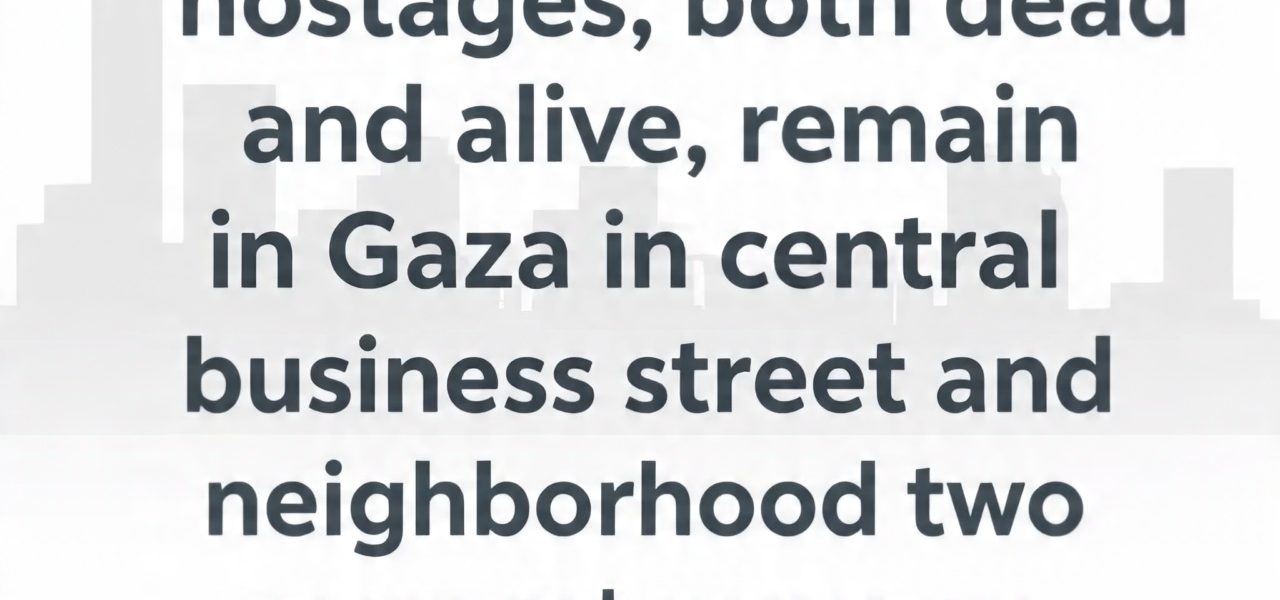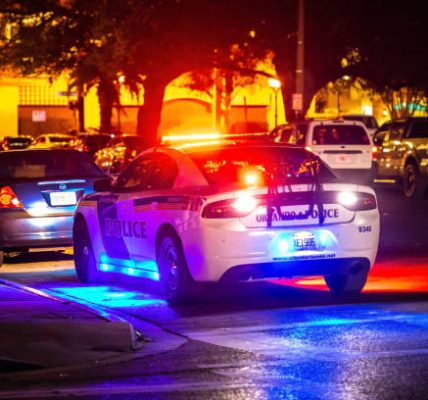Gaza — Forty-Eight Hostages Still in Captivity Two Years After the Oct. 7 Attack
Gaza — Forty-eight hostages, both dead and alive, remain in Gaza two years after the deadly October 7 attack. Officials estimate that around twenty of them are believed to be alive, while the fate of the rest remains uncertain. The ongoing situation has become one of the most painful legacies of the 2023 assault.
The October 7 attack led to the abduction of 251 people from southern Israel. Civilians were taken from their homes and communities during a large-scale assault that left deep scars across the nation. In the immediate aftermath, chaos and confusion consumed families desperate to learn whether their loved ones were among the missing.
Over the past two years, a number of hostages have been released. Some were freed during short ceasefires, while others were exchanged through negotiated deals. However, the grim reality is that many bodies have also been recovered, confirming deaths that families had feared but hoped were untrue.
Israeli intelligence now believes fewer than half of the remaining captives are still alive. The uncertainty surrounding their status fuels growing frustration and anguish among families who have endured years of waiting with no definitive answers. Each new report brings both a flicker of hope and a wave of dread.
Efforts to secure their release continue, with mediators working to craft agreements that could end the stalemate. Proposals have included prisoner exchanges, temporary ceasefires, and international monitoring. Yet progress remains painfully slow, hampered by political divisions, military actions, and a deep lack of trust between opposing sides.
Relatives of those held captive have become powerful voices in public life, organizing protests, vigils, and marches to demand action. They accuse leaders of doing too little and of allowing bureaucracy to overshadow humanity. Their message is clear: every day of inaction costs lives and deepens the nation’s collective trauma.
The humanitarian situation adds further complexity. Reports from former captives describe harsh conditions, limited food, and severe psychological stress. International organizations continue to call for proof of life and access to provide medical aid, but these appeals have gone largely unanswered.
As the second anniversary passes, the emotional weight of the crisis continues to shape Israeli society. Public ceremonies commemorate both the hostages and the victims who perished in the initial attack. The images of those still missing are displayed in city squares, their faces a constant reminder of promises yet to be fulfilled.
Global efforts have intensified to broker a comprehensive deal that includes both humanitarian relief and the return of all hostages. Diplomatic pressure from international allies has grown, urging all parties to prioritize human life over political objectives. Still, negotiations remain delicate, with no clear resolution in sight.
For the families of the forty-eight, the wait is unbearable. Each day that passes without news is another day suspended between despair and hope. Two years on, their voices remain united in one plea — to bring every hostage home, to honor the dead, and to finally close one of the darkest chapters in recent history.





